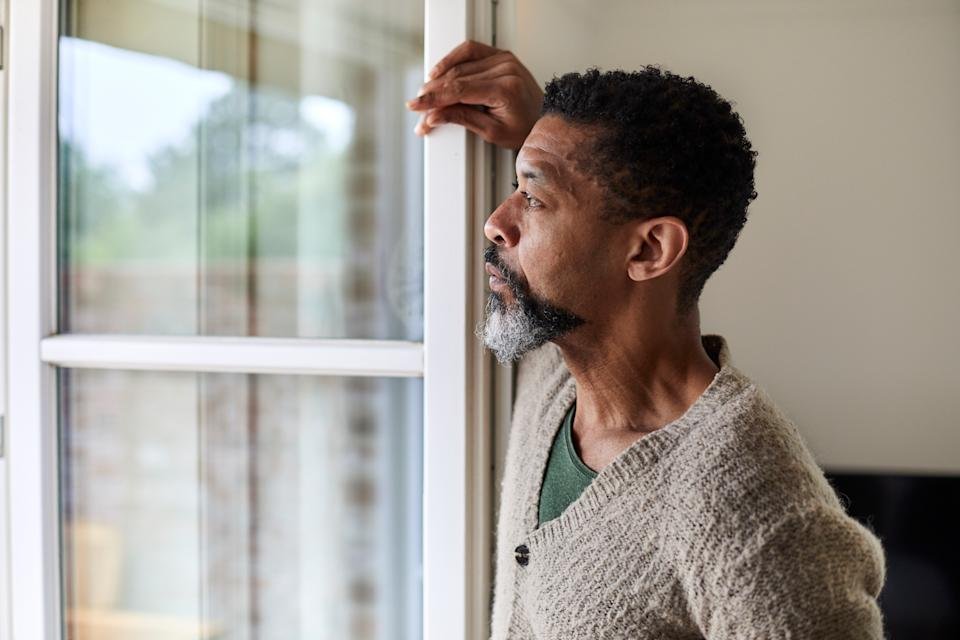THE NARROW tunnel still reeked of decomposing bodies. A section was blocked by rubble created by two Israeli air strikes on May 13th. The tunnel was only opened by Israeli troops when they reached the spot, at the entrance to the European Hospital in Khan Younis, in southern Gaza, nearly four weeks later. Five bodies were found in a small underground room beneath the emergency ward of the main hospital in Gaza’s second-largest city. On June 8th one was identified as that of Muhammad Sinwar, the military chief of Hamas.

The confirmation of Mr Sinwar’s death changes little in and of itself. Hamas has already appointed a replacement and it has weathered the killings of many of its bosses. But it could shift the balance within the movement’s leadership, formerly dominated by Gazans, just as Israel once again increases pressure on the coastal strip.
Read all our coverage of the war in the Middle East
The Israel Defence Forces (IDF) opened the tunnel to journalists earlier that same day. It was the first time members of international news organisations had been allowed into Gaza for five months. This limited and controlled media visit (no foreign journalists have been allowed into Gaza independently since the start of the war in October 2023) had two purposes. The first was propaganda. The IDF was anxious to show that it had left the hospital building intact (though all patients and staff had been evicted), despite Hamas using it to cover its hideaway. This was rather undermined by devastation in and around Khan Younis, a city formerly of over 200,000 residents who have been forced to evacuate to a miserable “humanitarian zone” near the Mediterranean coast.
The second was psychological warfare. Israel hopes to prove to the surviving Hamas leaders, and to the civilian population they still control in Gaza, that they are running out of places to hide. One military official suggested the confirmation of Sinwar’s death could be “a pivotal moment” which could lead to Hamas accepting Israel’s terms for a ceasefire.
That ceasefire, brokered by America and Qatar along with Egypt, has been on the table in various forms for months. It would start with a 60-day truce during which about half of the remaining Israeli hostages would be released in return for hundreds of Palestinian prisoners. During this period, Israeli forces would pull back from parts of Gaza and allow more aid in while talks would be held towards a long-term ceasefire.
This last point remains the main obstacle to a deal. Hamas continues to demand guarantees for a permanent peace that Israel has refused to give. But in recent days, Hamas has indicated it is open to discussing new terms. The entry into the strip of limited quantities of aid through distribution networks over which it has little control may worry the group. The relentless destruction of Gaza by Israel’s army, which threatens even more devastation, may too. And the death of Sinwar, the younger brother of Yahya Sinwar, the orchestrator of the October 7th attacks, may have influenced them, in part because it has changed the dynamics of Hamas’s leadership.
The new de-facto Hamas leader in Gaza is Izz al-Din al-Haddad, the commander in northern Gaza. He is the last of the veteran Hamas chiefs in Gaza. He was tasked with concealing and securing many of the Israeli hostages seized on October 7th and is still believed to control their fate. His new role, however—co-ordinating with the leaders of Hamas outside Gaza—is his first brush with the broader politics of the movement. “Al-Haddad will have to decide now if he wants to be remembered as the man on whose watch Gaza was finally destroyed,” says an Israeli intelligence analyst. “He may prefer to be the last man standing after a ceasefire.”
Under the Sinwar brothers, the Gazan branch of Hamas, where the group originated, dominated. With them dead, the leaders outside the strip—in Doha, Beirut and Istanbul—have the upper hand once again. The movement has not replaced Yahya Sinwar as overall leader. Instead it is run by four men: Khaled Meshal, a former head of Hamas and long-time advocate of closer ties with moderate Sunni regimes instead of Iran; Zaher Jabarin, who represents Hamas’s West Bank branch and is in charge of the movement’s finances; Muhammad Darwish, a Lebanese-born Palestinian who has suggested that he might countenance Hamas relinquishing power in Gaza were it to be replaced by something like a national unity government; and Khalil al-Hayya.
A former deputy of Yahya Sinwar, Mr Hayya is the sole Gazan in the quartet and even he is now in Qatar. He is anxious to secure assurances that Hamas will be able to remain on the ground in Gaza after any ceasefire but looks increasingly isolated. The other three are expected to support a deal relinquishing Hamas’s post-war role in Gaza but preserving its standing in the Arab world. This could make it easier to reach a ceasefire.
So might political changes. The far-right parties in Binyamin Netanyahu’s coalition who harbour ambitions of perpetual occupation and resettling Gaza have threatened to bring down the government if he ends the war. But other senior government officials have said recently they believe the conditions now exist for a long-term ceasefire. Increasing pressure from Donald Trump and Israel’s other Western allies partly explains the shift. So too does a growing expectation that Hamas will accept conditions formally ending its rule of Gaza, including disarmament and the exile of some of its surviving leaders and fighters.
Add to that the weakening leverage of Mr Netanyahu’s far-right allies as the prospect of elections grows. The polls are currently scheduled for October 2026. But tensions within the coalition over demands by the ultra-Orthodox parties for an unpopular law exempting students of religious seminaries from military service could lead to a vote much sooner. Mr Netanyahu is wary of an election which he is likely, according to most current polls, to lose. But if he cannot prevent one, many in Jerusalem believe he would prefer to hold it after securing a ceasefire which led to the release of the remaining hostages which he could frame as a victory. A deal would also ease American pressure; Mr Netanyahu has no desire to go to the polls when he seems to be out of favour in Washington. Steve Witkoff, Mr Trump’s envoy to the Middle East, is expected to return to the region in the coming days. He may arrive with a little more hope.
Sign up to the Middle East Dispatch, a weekly newsletter that keeps you in the loop on a fascinating, complex and consequential part of the world.







